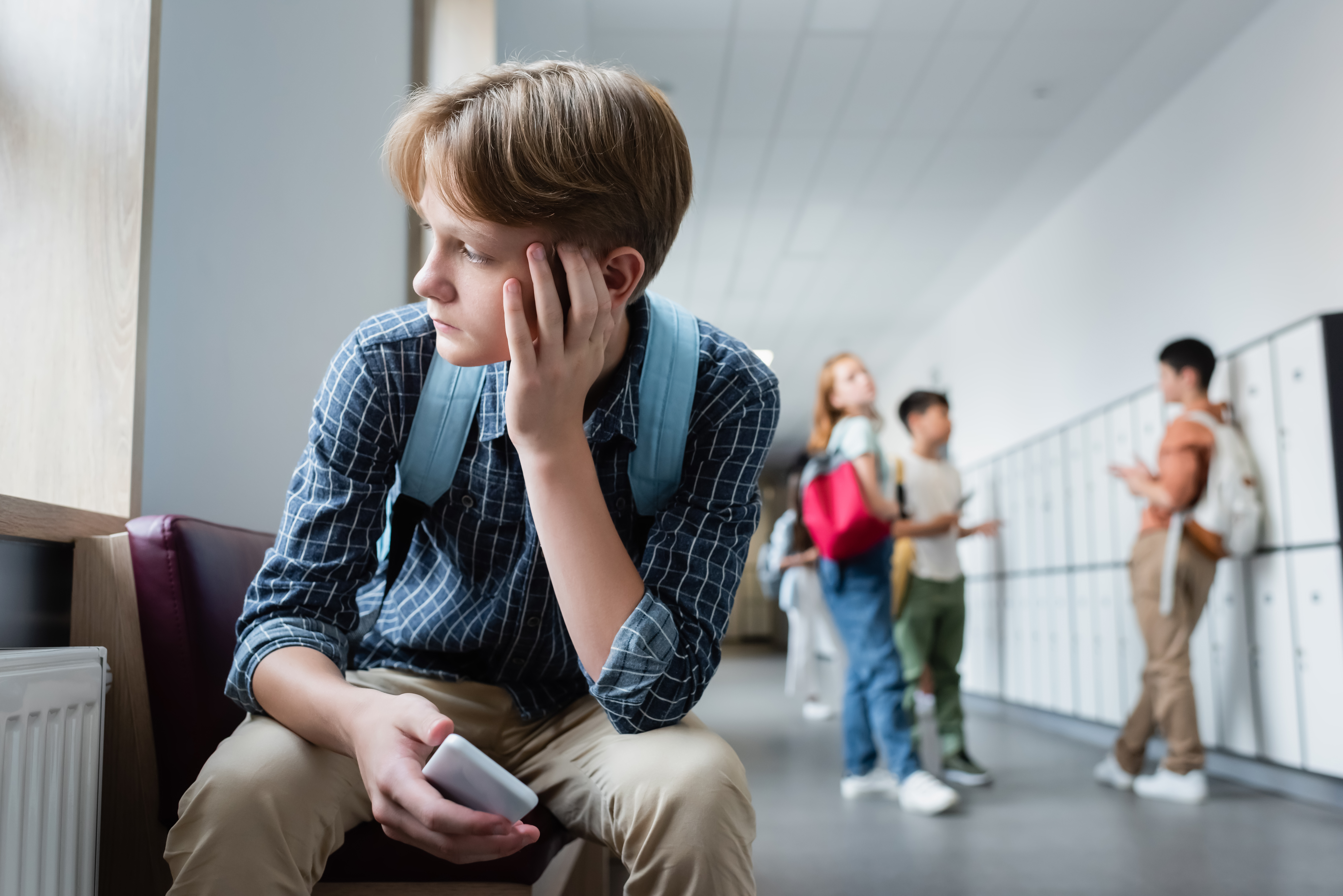Media release
From:
Adolescents who lose teeth due to decay or trauma are 42 percent more likely to be bullied, according to new collaborative research from the University of Sydney and the University of Melbourne.
Published in JDR Clinical & Translational Research, the paper analysed data from 4400 children in The Longitudinal Study of Australian Children, following their health outcomes from childhood (eight- to nine-year-olds) to adolescence (14- to 15-year-olds).
Senior author Associate Professor Ankur Singh, Chair of Lifespan and Oral Health at the School of Dentistryand member of the Charles Perkins Centre said: “Tooth loss isn’t only a dental issue, it’s a social one too. For teenagers, it can have significant psychological impacts at a crucial time in their development.”
Around 10 percent of children in Australia have lost teeth through decay or injury, with children from lower socioeconomic backgrounds, as well as rural or remote areas, the most likely to have experienced tooth loss.
“Poor oral health impacts nutrition, sleep, self-confidence and overall wellbeing, as well as being linked to heart disease and high blood pressure. To address these issues, the government needs to invest in prevention programs tackling oral and improve equitable access to dental care, especially in rural and remote areas and in low-income communities,” Associate Professor Singh said.
Recent research suggests that bullying is widespread, with 70 percent of children aged 12-13 experiencing at least one incident of bullying a year.
Within Australia, 28 percent of year eight students (aged 12 to 13) said they were bullied every month, with 8 percent saying they were bullied every week.
First author Yuxi Li, PhD candidate at the University of Melbourne, said: “Anyone who has been bullied at school can testify to what an awful experience it can be.
“As well poor psychological outcomes, bullying can also have adverse physical outcomes such as overweight and obesity.
“We hope that this study will raise awareness about the link between oral health, bullying and young people’s overall wellbeing.”



 Australia; International; NSW; VIC
Australia; International; NSW; VIC


